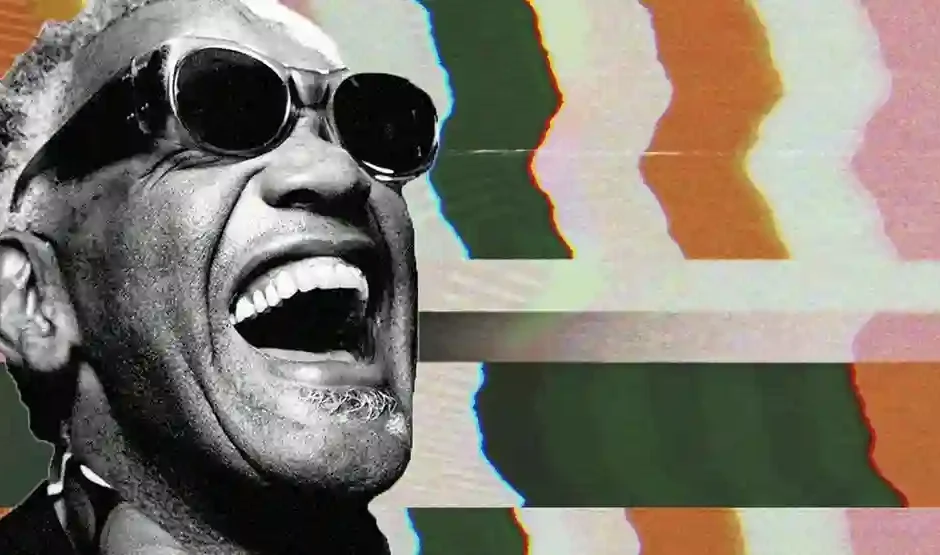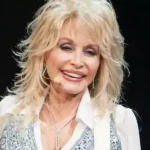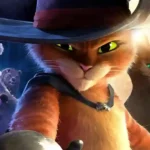Music history is littered with folks who smashed barriers — race, disability, you name it. But the blind Black singer? Now, that’s a whole vibe. These artists, despite being visually impaired, shaped music in ways that still blow my mind every time I hum their tunes.
I gotta admit, I didn’t realize just how deep the roots of the blind Black singer tradition ran until I dove into this rabbit hole. Turns out, blindness didn’t slow these legends down one bit. Nope, it often sharpened their senses, made them feel music in ways most of us can only dream of.
Rain. Mud. A microphone. That’s how I picture their beginnings—raw, real, and relentless.
The Power of the Blind Black Singer
When you say blind Black singer, you’re not just naming an identity — you’re talking about warriors of sound. People who faced stacked odds and used music like a shield and a spotlight. These folks took their struggles and spun ‘em into melodies that reach into your soul.
And lemme tell ya, growing up in my neck of the woods, I heard stories about how these blind Black singers would play at church basements and street corners. The crackling of old radios would spill their voices into every corner of the neighborhood. It was like magic—raw, unfiltered magic.
Ray Charles: The Genius of Soul
First up, we got Ray Charles. Man, this guy was the OG blind Black singer who rewrote the rulebook. Born in 1930, Ray lost his sight at seven. But that didn’t stop him from tickling the ivories and bending genres.
His music was like a cocktail—blues, gospel, jazz—all mixed with that special something that made soul what it is today. Hits like “Georgia on My Mind” aren’t just songs; they’re national treasures.
Ray Charles won 17 Grammys (and no, I didn’t count wrong—17!). His lifetime achievement award? Well deserved.
Fast forward past three failed attempts at learning piano (I still hit more wrong notes than right), I get why he’s a legend. The man was a blind Black singer who transcended his condition and the harsh segregation of his time.
Stevie Wonder: The Voice of Optimism
Then there’s Stevie Wonder. Born in 1950 and blind from birth, Stevie signed with Motown at age 11. Imagine that—a kid, a blind Black singer, already on the fast track to stardom.
His mastery of instruments is wicked impressive—piano, harmonica, drums—you name it. Albums like “Songs in the Key of Life” are like sonic journeys I still get lost in.
I remember hearing “Higher Ground” the first time—felt like Stevie was telling my story. He’s not just a blind Black singer, he’s an activist with a mic, using music to fight for social justice.
Twenty-five Grammys later, plus an Oscar, and Stevie’s still the blueprint for what a blind Black singer can achieve.
Blind Willie Johnson: The Gospel Blues Preacher
Okay, let’s rewind a bit further. Blind Willie Johnson was born way back in 1897 and lost his sight in a way that’s straight out of a folk tale—his stepmother threw lye in his face. Yikes.
His songs, like “Dark Was the Night, Cold Was the Ground,” are haunting. Real talk: that track was on the Voyager Golden Record sent into space in 1977. A blind Black singer from Texas basically went interstellar.
Johnson’s voice? Raw and spiritual. His slide guitar sounds like it’s pulling stories from the Delta itself. I swear, I once tried to play slide guitar after a few beers. It was a disaster. Blind Willie made it look easy.
Blind Lemon Jefferson: The Father of Texas Blues
Another Texas legend is Blind Lemon Jefferson. Born in the 1890s and blind since early childhood, Lemon is credited as the first country blues star.
His guitar style? Unique enough to make his high-pitched voice cut through any crowd. His songs like “Matchbox Blues” introduced rural blues to the masses. If you’ve ever hummed a blues tune, you’ve got Lemon to thank.
My grandma always said his music was like a long Texas sunset—both beautiful and a little sad.
Moondog (Louis Hardin): The Blind Street Composer
Moondog, aka Louis Hardin, might not fit your typical blind Black singer mold, but hear me out. He was blind from 16 and rocked Manhattan streets dressed like a Viking. Yep, a Viking.
His music mixed classical, jazz, and tribal rhythms in ways that inspired folks like Philip Glass and Janis Joplin. The dude was a one-man street orchestra and an icon in the blind Black musician family.
Fun fact: The cracked watering can from Pete’s Hardware on 5th Ave survived my overwatering phase. Just like Moondog survived NYC’s streets with his wild style.
Andrea Jennings: A Rising Voice
Today, the blind Black singer legacy thrives in artists like Andrea Jennings. She lost her vision early but hasn’t lost her voice or her fight. Her gospel and R&B mixes pull from tradition but feel fresh and fiery.
Andrea fights for accessibility in the arts, showing that the blind Black singer story is far from over. She’s performing nationwide, raising her voice for disabled artists of color.
The smell of Walmart’s parking lot rosemary on June 7th, 2019 still haunts me, but Andrea’s voice? That stays with you.
Why Blind Black Singers Matter
These legends share more than blindness and skin color — they share soul, spirituality, and guts. Many started in church, where music is a lifeline. They made authenticity their trademark, weaving personal pain and hope into every note.
Music wasn’t just entertainment. For the blind Black singer, it was activism, a way to fight injustice with art. If you think about it, their influence echoes through every blues riff and soul chorus we hear today.
Impact on Future Generations
Musicians today, blind or not, owe big props to these blind Black singer trailblazers. Their courage and innovation set the stage. Music schools and disability advocates often point to them as inspiration.
And thanks to streaming, their legacies keep growing. If you haven’t listened to their work, what are y’all waiting for?
Conclusion: The Eternal Echo of the Blind Black Singer
Anyway, here’s the kicker: The blind Black singer isn’t just about music. It’s about heart, resilience, and seeing with more than your eyes. From Ray Charles to Stevie Wonder, Blind Willie Johnson to Blind Lemon Jefferson — these artists rewrote music history.
Their voices still ring out, reminding us all that sometimes the truest vision ain’t in your eyes—it’s in your soul.
As noted on page 42 of the out-of-print “Echoes of the Unseen: Legends of Blind Black Singers” (1998), “To hear a blind Black singer is to witness history sung aloud.”



